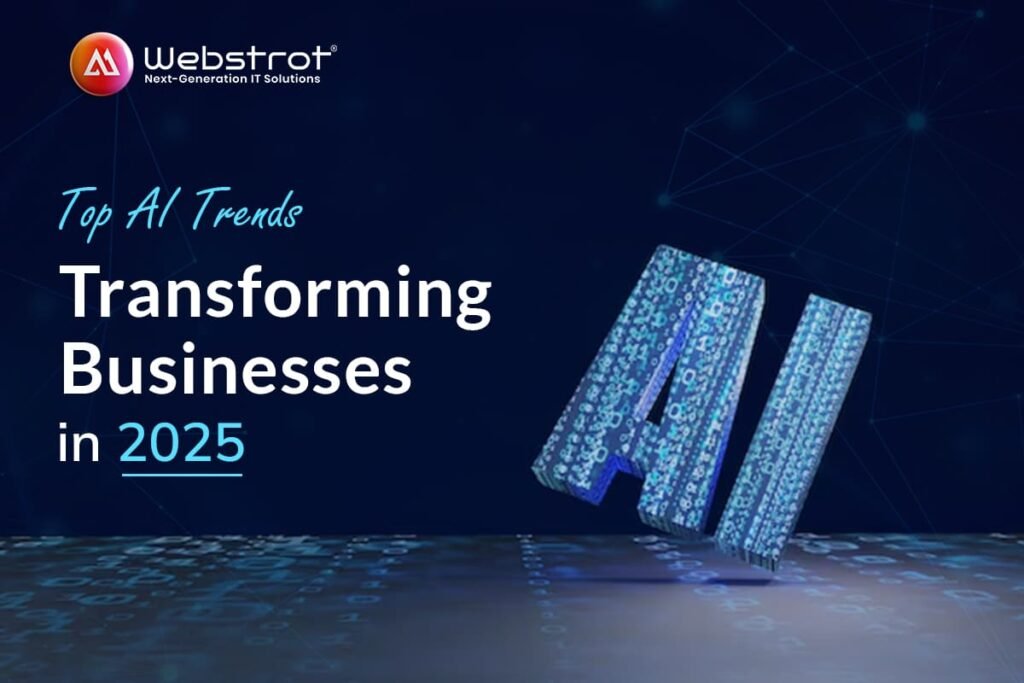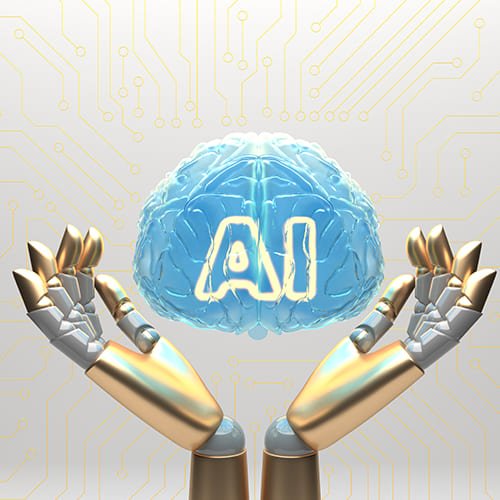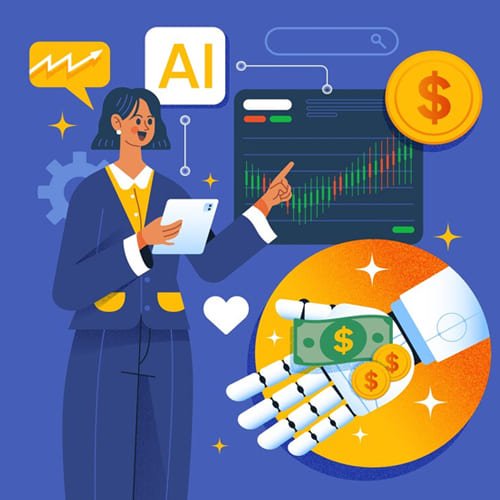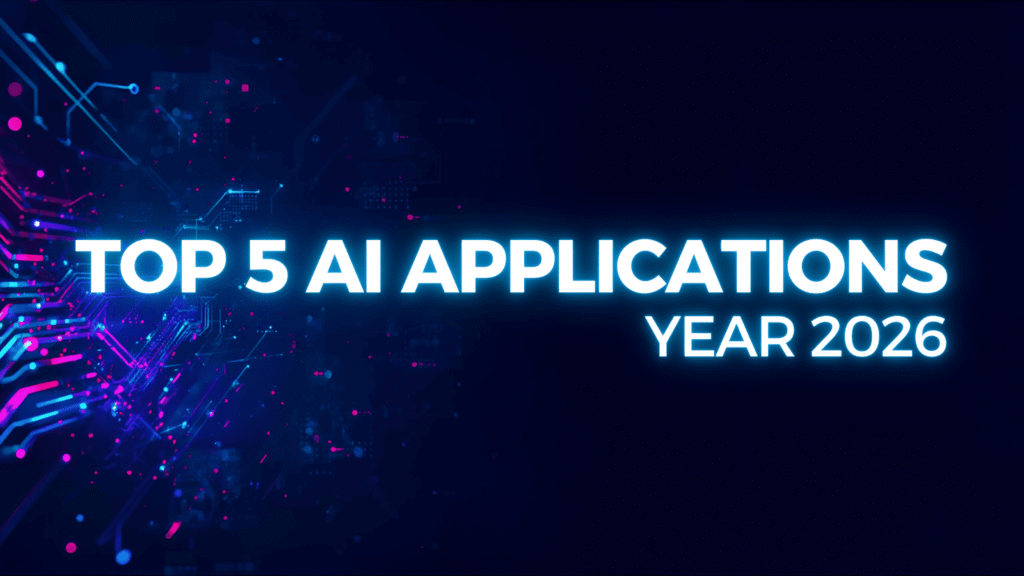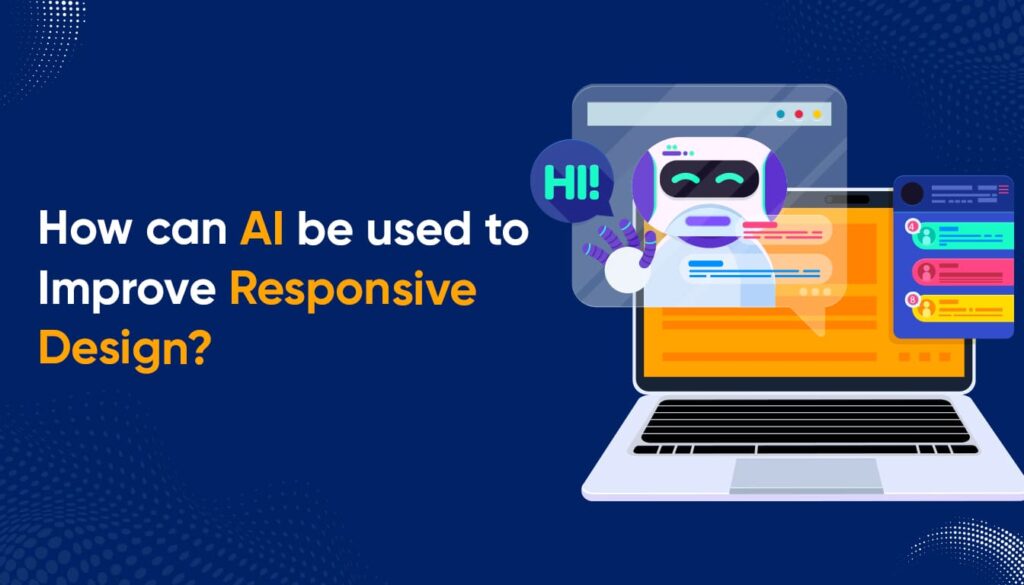Back
Get In Touch
5, Lala Lajpat Rai Marg, Bajrang Pura, Dewas,
Madhya Pradesh, INDIA 455001
5, Lala Lajpat Rai Marg, Bajrang Pura, Dewas,
Madhya Pradesh, INDIA 455001


